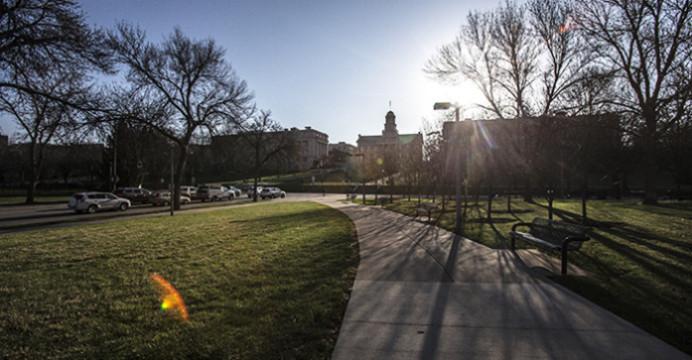Keith Reed
[email protected]
The term social-justice warrior has risen in prominence in the past year or so; it was even added to the Oxford Dictionary recently. It refers to someone who promotes socially progressive views.
Recently, the term has become synonymous with the complete opposite. Socially, it means the aggressive misappropriation or lack of information on an issue. Some celebrities, to be mentioned later, are prime examples of this.
Celebrities, as we know, have massive followings and can spark a revolution by a single tweet or post: advocating for social change and the end of stigmatization regarding gender inequalities and other issues. This could also be a double-edged sword when they become the disseminators of misinformation. When this happens, celebrities can receive immense social backlash.
Lena Dunham of “Girls” fame had been a strong proponent of body positivity. She has appeared on numerous episodes where she has bared all for the show’s millions of viewers.
There has been much controversy around Adobe Photoshop. Models, actresses, and other women have been fighting back against the unrealistic photo retouching that goes on in the media today. Dunham has taken a stand on Instagram about this issue after appearing on the cover of numerous magazines.
She appeared on the cover of Spanish magazine Tentaciones, in which the headline reads, translated loosely, “Changing the face of feminism with her show ‘Girls.’ Now, she wants to change her life.” On Instagram, Lena stated that the image on the cover was not, in fact, her and that it was doctored. Tentaciones released an open letter to Dunham, in which it detailed that her image had not been touched at all. It went on to say that there has not been any doctoring of images in its magazine at all, only cropping to fit the magazine’s needs. She has since retracted her statement and moved on from the issue.
A similar issue has happened to Nicki Minaj. She went to Twitter to voice her disdain for the Video Music Awards nomination process. In a nutshell, she was speaking out that African American women do not get the credit that they deserve. Further, Minaj noted the influence that black culture has on society, saying popular culture and white people are reaping the benefits of culturally appropriating black culture. Taylor Swift retweeted Minaj and went on the offensive, thinking the backlash was directed toward her. In all reality, Minaj was just commenting on the status of African Americans and how our culture does not benefit us but the people who appropriate it.
I think that being a social-justice warrior is inherently not a bad thing to be called. When the term enters the other end of the spectrum, it can run into problems. A word of caution for those who are quick to speak out about issues that they are not fully aware of: Do your research/know all the facts before making blatantly false statements. That celebrities were used in the examples above only magnifies their blunders and makes them prey to public scrutiny. This lack of information can immediately differentiate those who are trying to help from those who unintentionally hinder progress.



